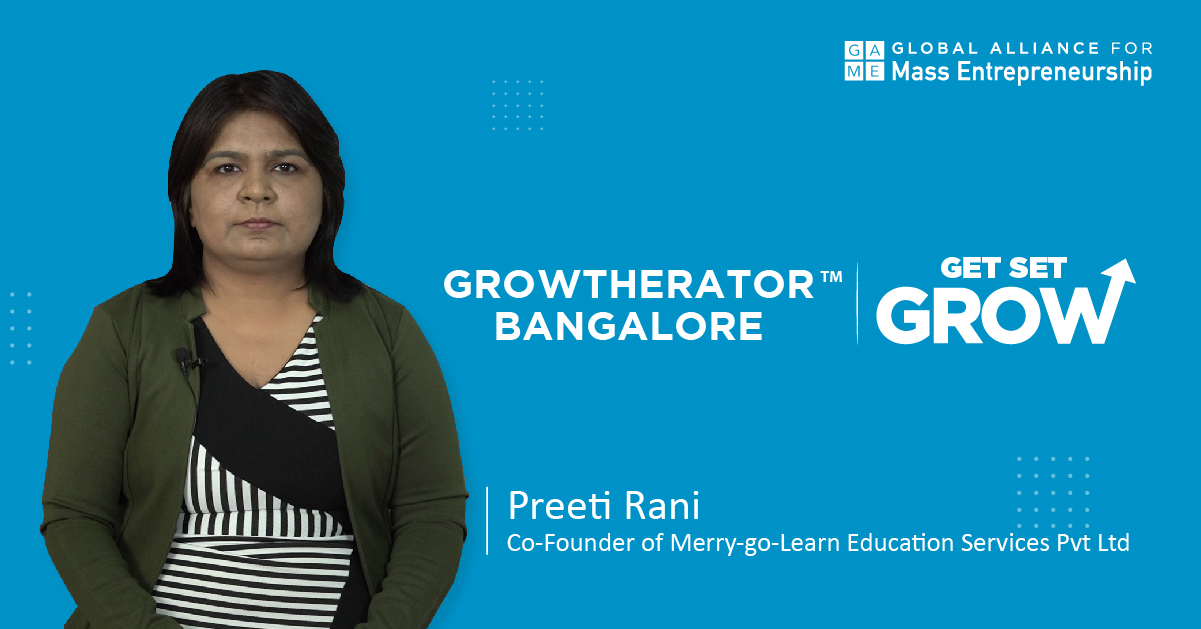Someone who has studied all their life in India knows how “learning” is still a remote concept in many of the schools within the country. Preeti Rani is one of the people who figured this out not while attending school, but while spending time in one. “My dad started a school in our native town of Muzaffarpur in Bihar in 2000. I was sent to Dehradun for studying, but my father wanted to bring that opportunity to his town. So, whenever I had the time – during vacations, breaks, casual visits to family and even my sabbatical – I made it a thing to spend most of my time in school. That’s when the gaps started showing.” Preeti had a realization that of the time she spent at school in her studying years, hands-on exercises and activities taught her much more than plain old classroom learning.
Preeti has no formal training in education. She had a career in the tele-conductor industry. But she was involved in the teaching process from her early days. She recalls how she would be asked to teach a few lessons to the neighbours’ kids and often, she visited classes in her father’s school where teachers were absent. “I started filling in these little gaps in teacher attendance, and tried to teach in a more intuitive manner.” These first-hand experiences helped her gauge the gaps in the present pedagogical methodology.
Preeti turned down an opportunity to pursue her MBA from Duke University in the United States and in its stead focussed on getting in touch with people involved with education. While going about this, she stumbled upon her partner Komal. Despite their different backgrounds, Komal and Preeti had a common line of thought and decided to work together.
Merry Go Learn is based on a model that accommodates learners of all kinds. “We try to include as many hands-on activities as possible and integrate as many approaches as possible to address different learning levels of children.” Merry Go Learn tried to focus on offline learning but the pandemic forced it to register an online presence. “We were to have renovations done in our centre, but luckily we did not, and that became the saving grace money-wise.”
Access to industry leaders under the Growtherator programme has certainly helped a lot, Preeti believes. “We can get these leaders on the phone and we can brainstorm or troubleshoot with them, and with their experience, they guide us towards the most innovative solutions.” Preeti recalls an instance where they were confused as to the channel they should adopt for their English programme. “We thought about a direct B2C approach on the one hand, while on the other we had the opportunity to spread our reach by tying up with government schools. So, we had a discussion with an industry leader who guided us as to what channel to use.” Other than the leaders, her peers have also had a great effect on Preeti. Clearing out basic and advanced concepts of business and finance has helped take Komal and Preeti towards the path of more prudent decision making for their business.
To young entrepreneurs, Preeti says “go out and start talking to people if you have an idea you are passionate about. Yes, they will confuse you with their opinions, but a dialogue is better than completely brushing the idea across.” Entrepreneurship is an art and a science. “People have to go out and do stuff. Either it will work out or it won’t. If it’s the latter, you learn.”

